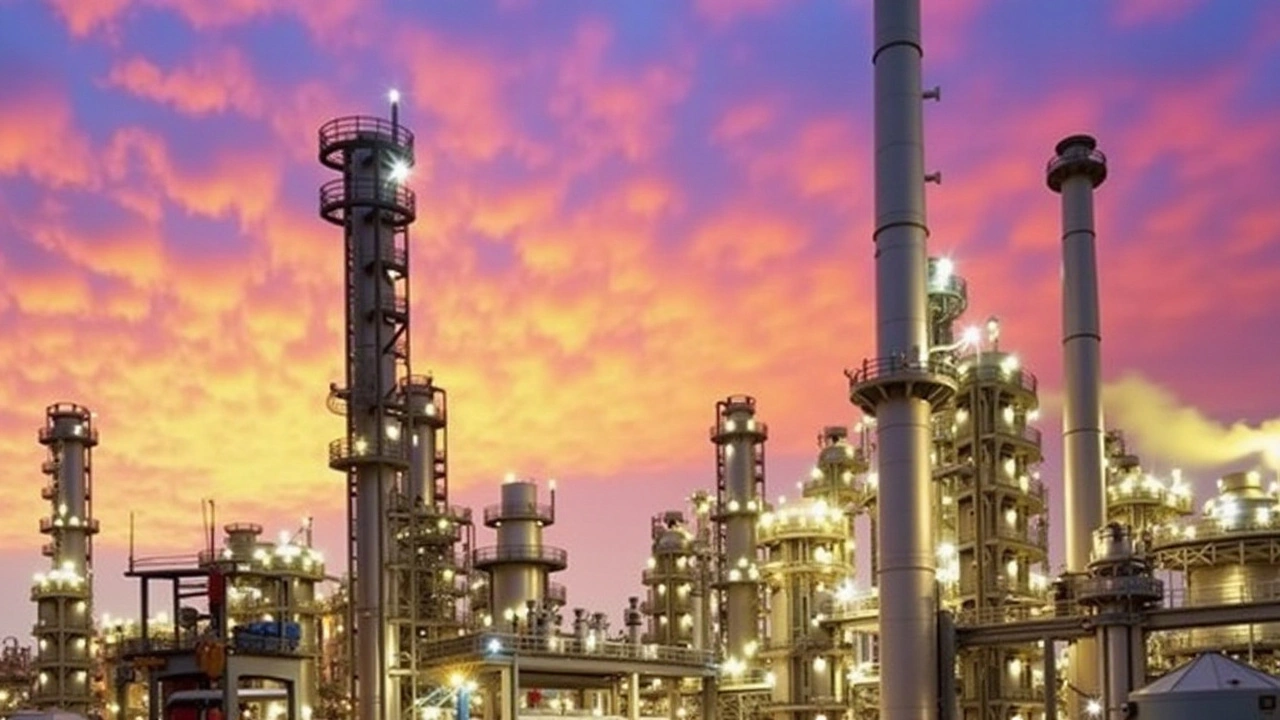Petrol Production – What’s Happening Right Now?
If you’re curious about how petrol gets from the ground to your car, you’re in the right spot. Petrol production isn’t just about drilling; it’s a chain of steps that affect prices, jobs, and the environment. In Africa, the story gets even more interesting because new fields, refinery upgrades, and government policies are changing the game fast.
First off, let’s break down the basics. Crude oil is extracted from wells, sent to a refinery, and turned into petrol through a process called distillation. That’s where most of the cost and timing happen. A modern refinery can produce cleaner, higher‑octane fuel, which means fewer emissions and better engine performance. When a country builds a new refinery or expands an old one, the whole supply chain gets a boost.
Key Drivers Behind Current Petrol Production
One major driver is investment. Big oil firms and local companies are pouring money into exploration and refining projects across West and East Africa. For example, a recent joint venture in Nigeria aims to add 30,000 barrels per day of petrol capacity by 2027. That kind of expansion helps keep local fuel prices stable and reduces reliance on imports.
Another factor is government policy. Many African nations have introduced fuel‑tax reforms or incentives to attract foreign capital. When a government lowers export duties, refineries can sell more domestically, which often translates to lower pump prices for everyday drivers.
What This Means for You
Understanding these trends can save you money and help you make smarter choices. If a new refinery is coming online near your city, you might see cheaper petrol at the pumps within a year. On the flip side, if a major refinery shuts down for maintenance, prices could spike temporarily. Keeping an eye on local news and industry reports gives you a heads‑up.
For businesses that rely on transport, knowing the production outlook aids budgeting. Fleet managers can plan fuel purchases before price hikes, and logistics firms can adjust routes to avoid areas with supply bottlenecks.
Finally, environmental impact matters to many of us. Modern refineries use technologies that cut sulfur content, meaning the petrol you fill up with burns cleaner. Supporting regions that invest in greener production methods can help reduce air pollution in your community.
So, what should you do next? Stay tuned to reliable sources like Duma Travel News for daily updates on petrol production. Follow announcements from ministries of energy and watch for press releases from major oil companies. If you’re in the market for a new vehicle, consider models that run efficiently on the type of petrol your area produces.
Bottom line: petrol production isn’t a static industry. It’s shaped by money, policy, and technology, all of which directly affect what you pay at the pump. By keeping an eye on the latest developments, you’ll be better prepared for price changes, supply shifts, and the move toward cleaner fuel.
Got a question about how a new refinery might affect your town? Drop a comment or reach out to local energy experts. The more you know, the better you can navigate the ever‑changing world of petrol production.
Dangote Refinery Revolutionizes Nigeria's Fuel Market with Petrol Production
- Jeremy van Dyk
- 16 Comments
The Dangote refinery, capable of processing 650,000 barrels of oil per day, has successfully completed test production and is set to begin selling petroleum immediately. This development promises significant relief to Nigerians facing severe petrol scarcity. The facility is expected to reduce the country's heavy reliance on fuel imports, potentially saving billions in foreign exchange.
Read more

